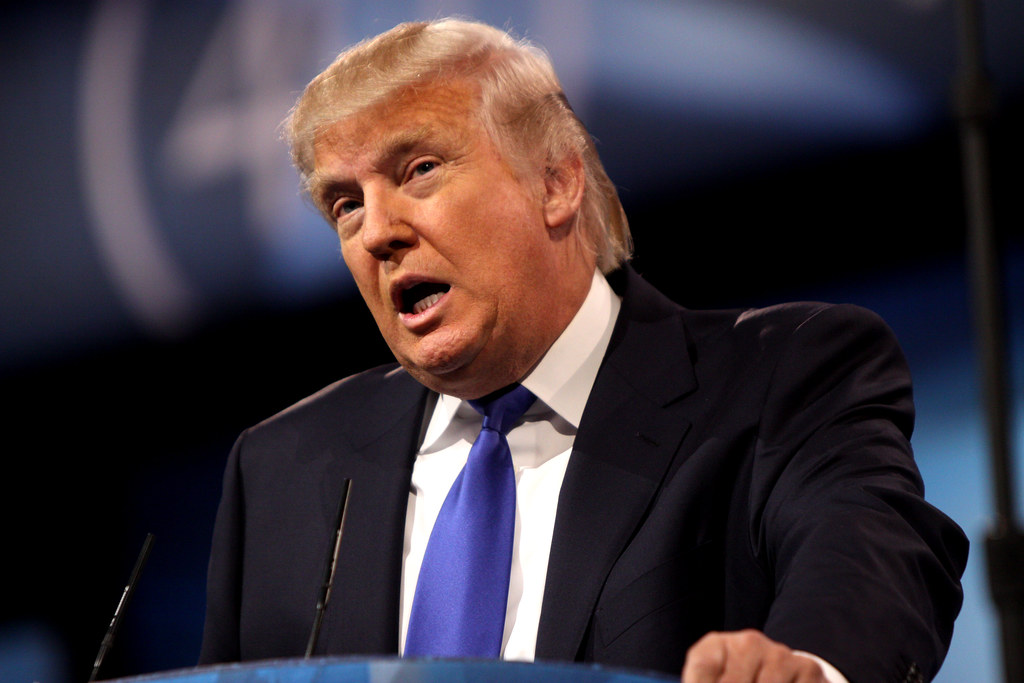Key Takeaways
• On his first day back in office, President Trump called DEI “immoral” and “illegal.”
• The administration pushed the EEOC to investigate private companies over DEI programs.
• Many companies have cut DEI roles and initiatives out of fear.
• DEI is not against the law; discrimination based on race or sex is.
• Employers still must follow federal antidiscrimination rules and prevent bias at work.
Is DEI Illegal Under Trump’s New Order?
Since returning to the White House, President Trump has declared diversity, equity and inclusion illegal. He argues these efforts hurt “hardworking Americans.” Yet federal law still bans race or sex discrimination. As a result, many private companies feel caught in political crossfire.
Why DEI Programs Are Still Legal
First, DEI is not a law. It describes goals to treat all workers fairly. Congress makes laws, not the president. Since 1964, federal acts have banned hiring or firing based on race, sex, religion or disability. Therefore, any company policy that favors one race over another was already illegal. In addition, companies must train staff to prevent bias and adapt to religious or medical needs. Thus, throwing out DEI programs could hurt compliance.
How Trump’s Order Affects Employers
On January 21, 2025, Trump signed an order denouncing DEI as “unlawful.” One week later, he removed two EEOC leaders. Then he named a new acting chair focused on fighting “DEI-motivated discrimination.” As a result, the EEOC has asked companies for information on their diversity efforts. This push has created fear among employers, who worry about costly investigations.
A chilling effect has followed these moves. Some businesses have cut DEI roles, training budgets and inclusion initiatives. Yet these steps may backfire. Without proactive bias prevention, companies risk more discrimination claims. Most lawsuits come from employees, not the government. If DEI roles vanish, so do the checks that flag unfair treatment.
Risks of Dismantling DEI Efforts
Moreover, firms that drop DEI programs may face legal trouble. Studies show diverse teams boost profits and spark innovation. At the same time, workers in minority groups continue to face bias. Without clear policies, incidents go unchecked. Therefore, companies could see a surge in lawsuits from those same employees.
Furthermore, changing hiring practices to only focus on “hard work” does not shield from lawsuits. Antidiscrimination law requires fair pay, unbiased promotions and safe workspaces. In addition, employers must address harassment and reasonably adjust for disabilities or religious needs. Cutting corners on these steps exposes firms to claims.
How to Protect Your Company
To stay safe, businesses can follow simple steps. First, review all policies to ensure fairness. For example, list job duties clearly and rate applicants on skills alone. Second, train managers to spot and stop bias. Third, keep records of all hiring and promotion decisions to show they rest on merit. Finally, provide support for workers who need medical or religious accommodations.
By taking these actions, companies can meet legal obligations. In fact, proactive prevention can reduce the chance of lawsuits. Thus, protecting both workers and the bottom line. As a bonus, these best practices help build trust and boost morale.
Understanding DEI vs. Discrimination Law
Importantly, DEI has no legal definition. It is a label for many fair-workplace goals. In contrast, antidiscrimination laws have clear rules. They prohibit decisions based on race, sex, religion or disability. As long as DEI programs avoid illegal preferences, they remain lawful. If any step gives unfair advantage, employers should change it. Therefore, good DEI policies align with existing law.
The Role of Congress and the Courts
Presidents cannot rewrite laws by executive order. Instead, such orders guide federal agencies. The EEOC enforces antidiscrimination laws, but it cannot override them. In fact, some recent EEOC demands face court challenges. Meanwhile, most complaints come from private employees. Each year, workers file up to 90,000 charges. By comparison, the EEOC files fewer than 150 cases. Consequently, employers should focus on preventing employee claims.
The Path Forward
Dismantling DEI goes against decades of legal and business wisdom. Instead, companies should update policies to prevent bias. They can keep DEI teams or assign those roles to HR. They can track hiring data to spot unfair patterns. Moreover, they can foster open dialogue so workers feel heard. In doing so, businesses comply with federal law and reap the benefits of diversity.
In the end, DEI is not illegal. Discrimination is. Employers who act rashly risk legal and financial harm. By maintaining clear, unbiased policies, businesses protect themselves and their staff. Even under a new White House directive, fair treatment remains key.
Frequently Asked Questions
Why did President Trump call DEI illegal?
He claimed DEI hurt “hardworking Americans” by favoring race or sex over merit. However, he offered no clear legal proof.
Can a company still have DEI roles?
Yes. As long as those roles help prevent bias and follow federal rules, DEI positions remain legal.
Does an executive order cancel antidiscrimination laws?
No. Only Congress can change laws. Executive orders guide federal agencies, but they don’t override statutes or court rulings.
How can employers lower their legal risk?
They can set clear, fair hiring guidelines, train staff on bias prevention, and document decisions to show they rest on merit.
